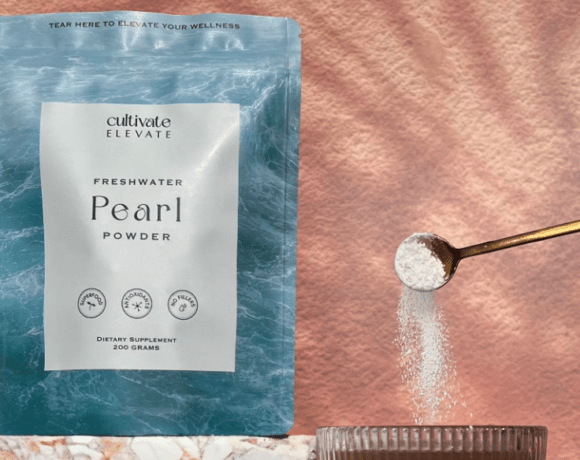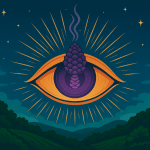A well-balanced diet is crucial for maintaining good health, but not all food items contribute positively to our well-being. Some foods can be harmful and are banned in various countries due to their negative effects on our bodies. In this comprehensive guide, we’ll delve into the top 10 banned foods that you should avoid eating, and discuss the reasons behind their prohibition. We also encourage you to watch the accompanying video to learn more about the dangers these foods pose to your health.
1. The Perils of Farm-Raised Salmon
Farm-raised salmon has been banned in numerous countries due to its high levels of dioxins and polychlorinated biphenyls (PCBs). These harmful substances can accumulate in the fish, making them hazardous for human consumption. Moreover, fish farming practices pose several environmental concerns, such as overcrowding, which increases the risk of infections and pathogens spreading among the fish.
2. The GMO Foods Debate
Genetically modified organism (GMO) foods have been associated with increased allergies, cancer risks, and digestive issues. These plants are genetically engineered to withstand higher levels of pesticides and herbicides, leading to the emergence of pesticide-resistant superbugs. While some research suggests GMOs are safe, others indicate serious health risks.
3. Ractopamine-Fed Meat: A Risky Choice
Ractopamine is a chemical that promotes lean muscle growth in animals, resulting in faster growth with less feed, and ultimately increased profits for farmers. However, this substance is banned in 160 countries due to its potential risks to human health. To safeguard your well-being, it’s best to avoid meat from animals treated with ractopamine.
4. Bromine in Foods: A Thyroid Disruptor
Bromine, commonly found in various food additives, competes with iodine for thyroid receptor sites, potentially exacerbating thyroid-related health issues. With thyroid diseases becoming increasingly prevalent, it’s essential to avoid foods containing bromine or its derivatives.
5. Potassium Bromate in Bread: A Potential Carcinogen
Potassium bromate, a chemical added to bread to improve its texture and increase rising, is banned in multiple countries due to its potential carcinogenic effects. Animal studies have shown that potassium bromate can cause cancer, making it an ingredient to avoid in bread products.
6. The Dangers of rBGH in Milk and Dairy Products
Recombinant bovine growth hormone (rBGH) is a synthetic hormone administered to dairy cows to boost milk production. However, it is banned in countries like Canada and the European Union due to its detrimental effects on both cows and humans. Consuming products containing rBGH can have serious health consequences.
7. Olestra: A Problematic Fat Substitute
Olestra, a fat substitute used to reduce calories in snack foods, can cause diarrhea, abdominal cramps, and other gastrointestinal issues. Banned in countries such as the United Kingdom and Canada, it’s best to avoid products containing this substance.
8. Carcinogenic Food Dyes: Hidden Hazards
Food dyes like Red 40, Yellow 5, and Yellow 6 are banned in countries like Norway and Austria due to their potential carcinogenic effects. These dyes are commonly found in candy, beverages, and baked goods, and avoiding them can reduce your risk of exposure to harmful substances.
9. BHA and BHT: Synthetic Preservatives with Risks
Butylated hydroxyanisole (BHA) and butylated hydroxytoluene (BHT) are synthetic preservatives added to various foods to extend their shelf life. Despite their widespread use, these chemicals are banned in several countries due to their potential carcinogenic effects. To protect your health, it’s advisable to avoid foods containing BHA and BHT whenever possible.
10. Artificial Sweeteners: The Controversial Sugar Substitutes
Artificial sweeteners, such as aspartame, sucralose, and saccharin, are commonly used in diet soda and other low-calorie foods. However, they are banned in many countries because of their adverse effects, which can include headaches, dizziness, and even cancer. Instead, opt for natural sweeteners or simply reduce your sugar intake for a healthier diet.
In Conclusion
By avoiding these top 10 banned foods, you can not only improve your overall health but also make a positive impact on the environment. Choose organic and natural food options whenever possible to ensure your body receives the best possible nutrients. Don’t forget to watch the accompanying video to learn more about the dangers of these banned foods and why it’s essential to avoid them.





















